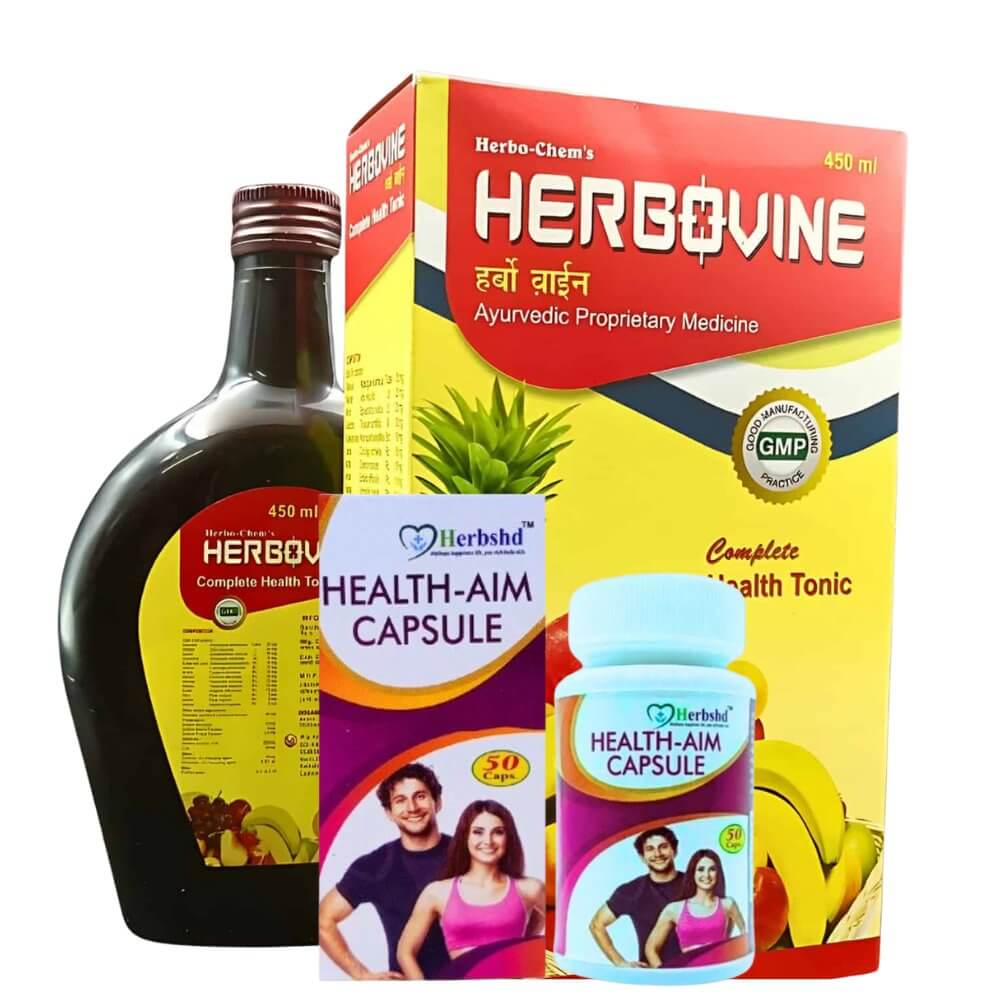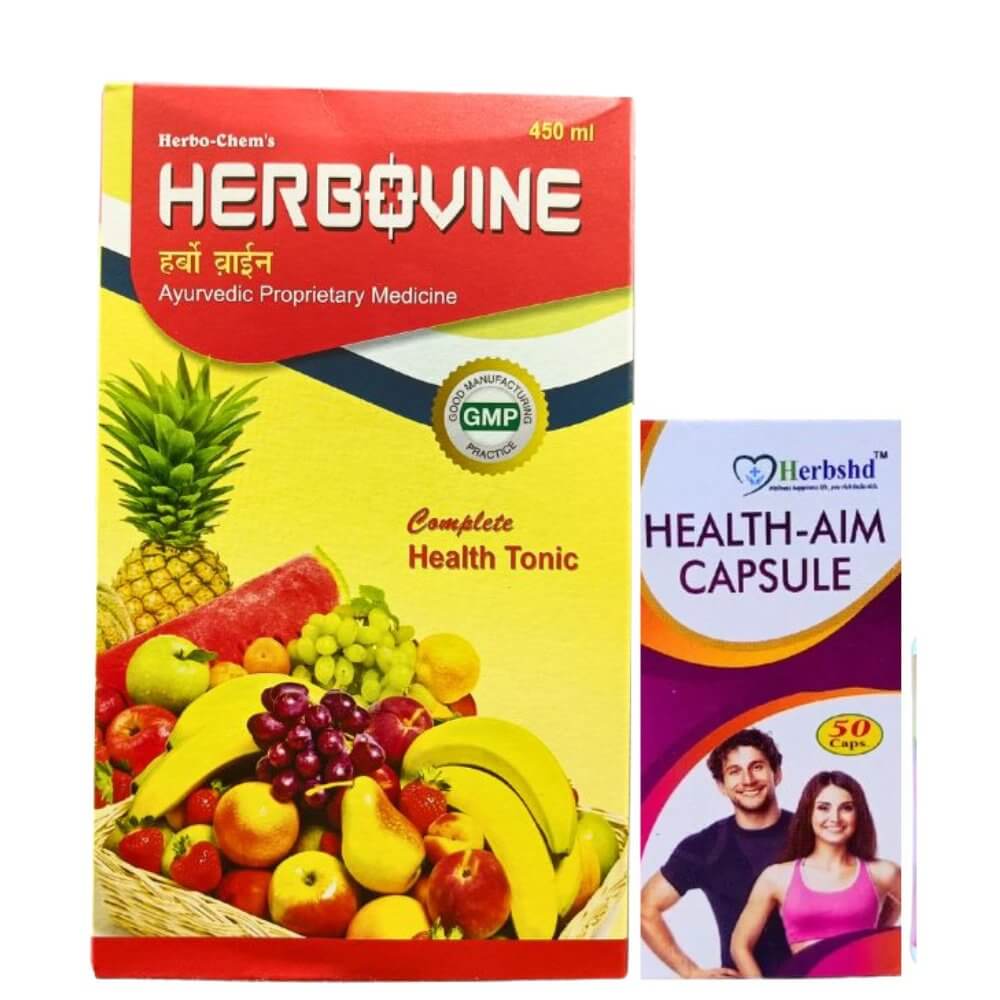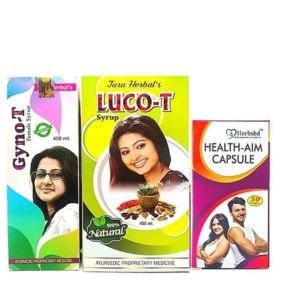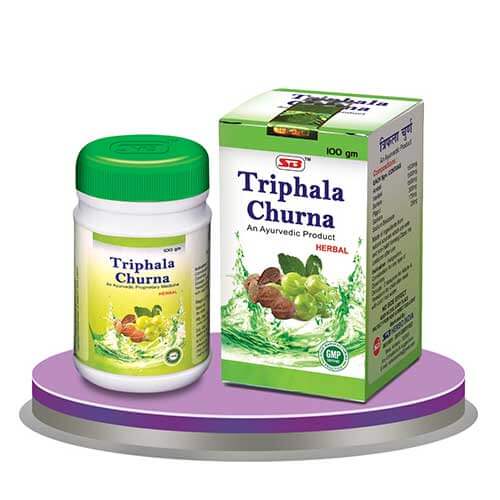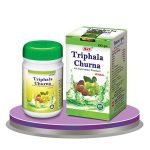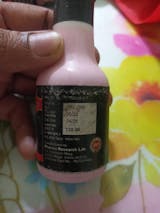Cardamom, also known as elaichi, is a spice made from the seeds of a plant in the ginger family. It is native to India and Sri Lanka, and has been used for centuries in both cooking and traditional medicine.

Cardamom has a strong, sweet, and slightly minty flavor. It is used in a variety of dishes, both sweet and savory. It is also a popular ingredient in chai tea.
SOURCES OF CARDAMOM
Originating from Southern India, cardamom is now grown all over the world. The cardamom plant is cultivated in India and Guatemala, the largest producers and exporters of cardamom worldwide. Cardamom production also thrives in Costa Rica, Nepal, Vietnam, Cambodia, and Central America.
NUTRITIONAL PROFILE: CARDAMOM
Benefits of eating cardamom are immense. It is a rich source of vitamins, such as vitamin C, niacin, vitamin A, riboflavin, etc. Minerals, including manganese, iron, calcium, potassium, and magnesium, are seen in cardamom seeds.
The cardamom oil includes pinene, terpineol, cineol, and humulene as their primary composition. Even though cardamom oil is highly volatile, they have antioxidant compounds contributing to improved digestion and metabolism.
100 grams of cardamom contains:
- Total fat: 7 grams
- Total carbohydrate: 68 grams
- Protein: 11 grams
- Sodium: 18 mg
- Calories: 311 Kcal
DIFFERENT VARIETIES OF CARDAMOM
Cardamom is available in two main varieties:
Green cardamom:
 |
|
Black cardamom:
 |
|
PROPERTIES OF CARDAMOM
Cardamom has been used in medicinal formulations from the Vedic age and is an active ingredient in various formulations. It is pungent and sweet in taste, cold in potency, light and rooksha (dry) in action, and pungent after digestion. Cardamom brings vitiated Vata and Kapha dosha back to normalcy. However, people with intense Pitta imbalance should use cardamom sparingly as it can increase Pitta dosha.
HEALTH BENEFITS OF CARDAMOM

Cardamom is a good source of several vitamins and minerals, including manganese, iron, and magnesium. It is also a good source of antioxidants.
Cardamom has been shown to have a number of health benefits, including:
- Improved digestion
- Reduced nausea and vomiting
- Relieved heartburn
- Reduced bad breath
- Improved oral health
- Reduced inflammation
- Boosted immunity
- Protected against cancer
Health Benefits of Cardamom
Cardamom is a good source of several vitamins and minerals, including manganese, iron, and magnesium. It is also a good source of antioxidants.
Cardamom has been shown to have a number of health benefits, including:
- Improved digestion
- Reduced nausea and vomiting
- Relieved heartburn
- Reduced bad breath
- Improved oral health
- Reduced inflammation
- Boosted immunity
- Protected against cancer
How to Use Cardamom
Cardamom can be used in a variety of ways. It can be added to food whole, ground, or in pod form. It can also be used to make tea or coffee.
Here are some tips for using cardamom:
- Add a few whole cardamom pods to a pot of rice or curry.
- Grind cardamom seeds and add them to cakes, cookies, or other baked goods.
- Add a pinch of cardamom powder to your favorite coffee or tea.
- Steep cardamom pods in hot water to make a refreshing tea.
SIDE EFFECTS AND PRECAUTIONS OF CARDAMOM
Cardamom is considered safe for most people and doesn’t cause any side effects. Allergic reactions such as skin rashes, tongue swelling, and breathing difficulties can arise after consuming the spice in excess amounts.
Cardamom consumption over recommended dosages can cause gastrointestinal problems, such as constipation, nausea, and diarrhoea. The overdosing of cardamom extracts may cause brain swelling, oxidative stress, and damage to the heart cells.
Consuming cardamom in excess doses during pregnancy can stimulate uterine contractions and lead to abortions. It may interfere with the action of certain medicines, including anticoagulants and antiplatelet drugs. Always consume cardamom or its products after visiting an Ayurvedic physician.


